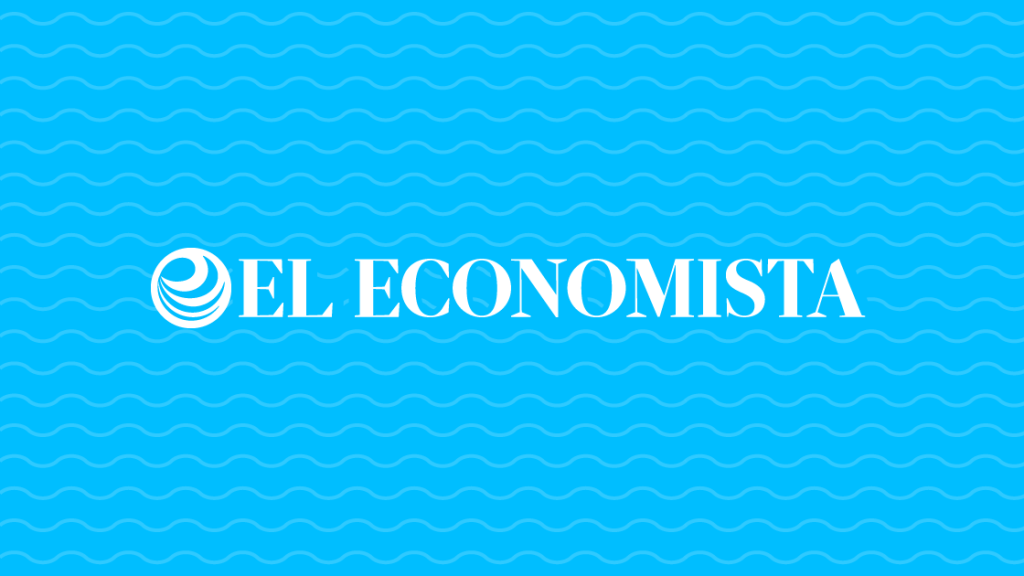Mexico is low on trade with the Pacific Alliance

The Pacific Alliance region has reduced its participation in Mexico’s international trade during the past decade it has gone into effect, according to data from the Economy Ministry.
This trade bloc came into effect on April 28, 2011 and consists of Mexico, Colombia, Chile and Peru.
On the one hand, of total product exports from Mexico to the world, the portion destined for its three Pacific Alliance partners decreased from 1.9% in 2010 to 1.2% in 2020.
Conversely, the share of total imports decreased in the same proportion from 0.9% in 2010 to 0.7% in 2020.
One of the main challenges is that trade between partner countries is low and that countries are far from exporting fully manufactured goods within the region.
According to an analysis by the US Department of Commerce, member states will have to make significant efforts and significantly involve the private sector to create supply chains.
To date, the Mexican Economy Ministry considers that increased trade flows among Pacific Alliance members require policy improvements to create conditions within the region that allow the development of supply chains.
In 2020, exports of products from Mexico to Colombia, Chile and Peru totaled $ 5.128 million, down 22.2% compared to 2010. For their part, Mexico’s total imports of goods from those three countries amounted to $ 2.846 million last year, or 7.8% compared to In 2010.
In the same comparison, but compared to 2019, to eliminate the impact of the Covid-19 pandemic, Mexico’s exports contracted by 0.1%, while Mexican imports grew by 22.3%.
The four member states have embraced free trade since the 1980s and have many free trade agreements with many countries, including the United States, Canada, China and the European Union.
Initially, trade promotion agencies in Chile, Colombia, Mexico and Peru (ProChile, Proexport Colombia, ProMéxico, and PromPerú) combined their efforts to boost exports, attract foreign direct investment and boost tourism in the alliance countries.
But Mexico canceled ProMéxico’s operations in 2019 and has since cut back on its foreign trade promotion.
Some observers see the Pacific Alliance as a “rapprochement experiment” within the complex web of free trade agreements in Latin America.
It differs from other initiatives in that it represents a more realistic approach to leverage existing free trade agreements for further economic integration and to serve as an export platform to the Asia-Pacific region.
The coalition’s main strengths are the shared values among the member states and the high level of expertise among the negotiators.

“Future teen idol. Hardcore twitter trailblazer. Infuriatingly humble travel evangelist.”










